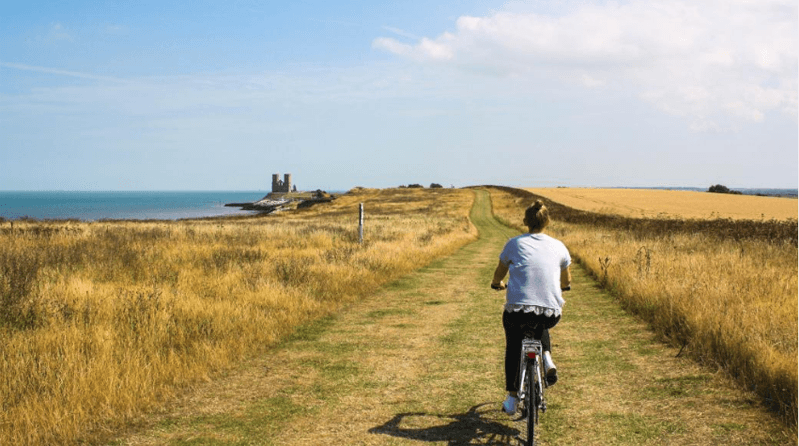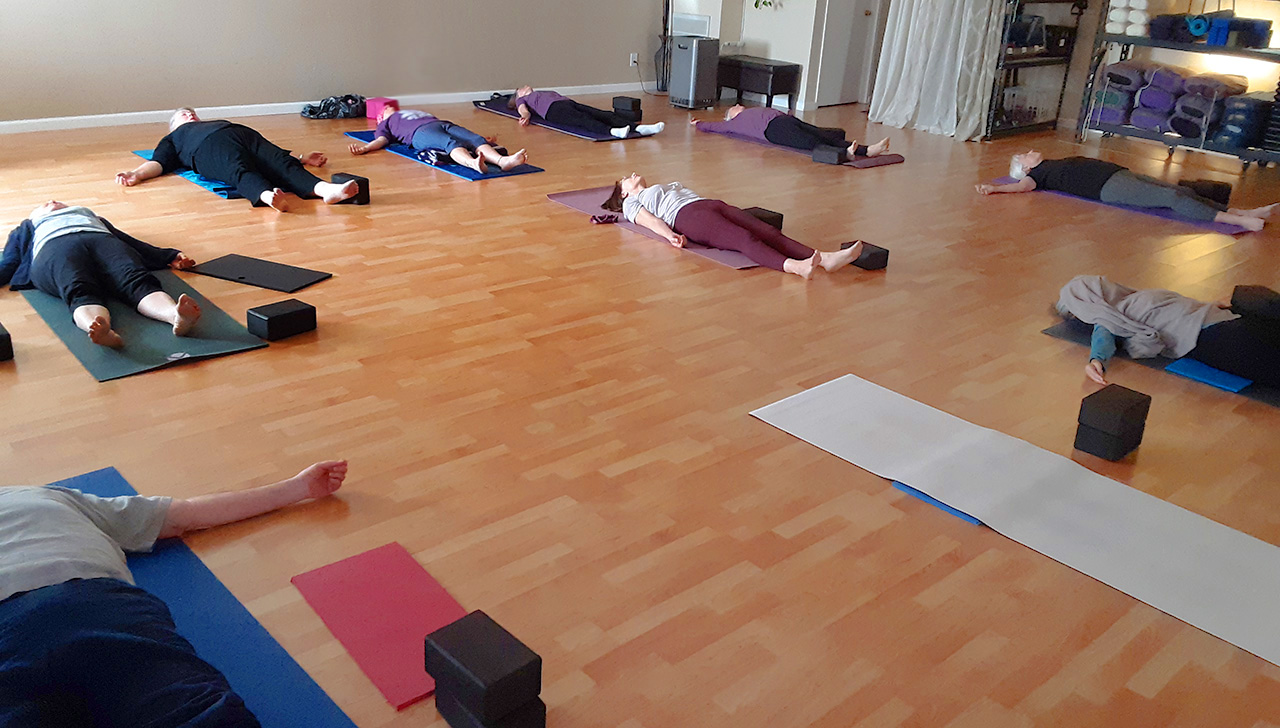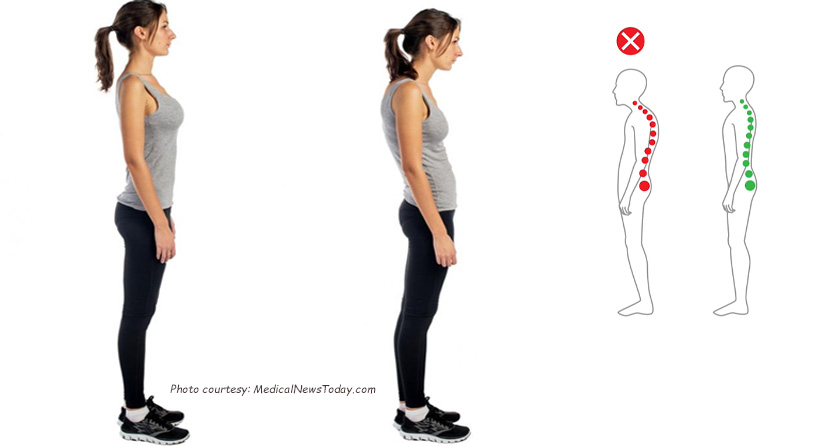Researchers are finding new evidence that exercise — even low-intensity, casual physical activity — can boost brain health in the short- and long-term
Maria Cohut, Ph.D.
April 9, 2022
Originally published on YogaGrit Monday, March 25, 2019
Evidence that exercise can benefit the brain and help maintain cognitive function — including memory — is accumulating.
One study, for instance, suggests that engaging even in low-level phyisical activities, such as doing household chores, can help reduce the risk of cognitive impairment in older adults.
Now, a team led by Michelle Voss — from the University of Iowa in Iowa City — has found evidence in support of the notion that the benefits of just one workout can predict the benefits of frequent physical activity in the long run.
The team presented these findings at this year’s Cognitive Neuroscience Society’s symposia in San Francisco, CA.
As symposium chair Wendy Suzuki, of New York University in New York City, explains, “There is a strong and direct link between physical activity and how your brain works.”
“People still do not link physical health to brain and cognitive health; they think about fitting into a bikini or losing that last pound, not about all the brain systems they are improving and enhancing every time they work out.”
However, the new research aims to encourage people to view exercise differently, and other studies presented aim to find better strategies to encourage people to become more physically active — even in communities that may struggle to offer their members the motivation, context, and facilities they need.
Both short- and long-term benefits
According to Voss, this study is the first of its kind; it looks at both the short- and long-term benefits that exercise brings to brain health, whereas normally, scientists focus on these two aspects separately.
In the study, volunteers agreed to undergo functional MRI scans measuring brain activity and take tests assessing their working memory.
The participants underwent these evaluations once following single workout sessions of light- and moderate-intensity exercise, and then again after a 12-week fitness program.
Following these assessments, the scientists found that those who had the most improvements in brain network connectivity and the largest cognitive benefits after single workouts also had similarly important positive effects at the end of their training programs.
For the purpose of this research, they also note that they opted for recumbent bicycles (where the individuals lie down on their backs) with motorized pedals, which meant that the participants had the choice of either actively pedaling or allowing the pedals to turn automatically.
“This feature allowed us to keep pedal speed constant while only changing heart rate between conditions of light- and moderate-intensity activity,” says Voss, adding, “This is novel for acute exercise paradigms, which often use sitting as a control condition.”
In the future, the researchers hope to replicate their findings in studies with a larger participant cohort.
Right now, she and her colleagues are recruiting participants for a trial that will augment the fitness program duration to 6 months to allow the volunteers to reap more physiological benefits.
Still, she notes that the results show just how important it is to stay physically active. “Think about how physical activity may help your cognition today and see what works,” she says. “Day by day, the benefits of physical activity can add up.”
A ‘need to address socioeconomic barriers’
At the same symposium, Michelle Carlson — from Johns Hopkins University in Baltimore, MD — and colleagues talked about their efforts to make frequent physical activity an achievable goal for members of economically disadvantaged communities.
To do so, they are setting up initiatives within a program called the Experience Corps. The program calls on older adults to mentor children from the same community, and the scientists want to add physical activity to these weekly volunteering sessions.
We need to address socioeconomic barriers like cost and accessibility to motivate older adults to regularly engage in healthful behaviors. And many people don’t appreciate the power of physical activity for our brains. -Michelle Carlson
So far, the researchers explain that many of the studies they have conducted within this program show that volunteers who participate in the physical activity initiatives — which include regular walking — experience better memory and other cognitive improvements.
“These and related findings in my [laboratory] and others have contributed to our understanding that targeting low-intensity lifestyle activity is increasingly being recognized as important and [a] scalable intervention to promote any physical activity,” says Carlson.
She and her team have also been working on a 3D game that simulates physical activity for the improvement of cognitive function and physical mobility. So far, the data — on 14 people who joined a 5-week intervention — are promising.
“What is cool is that most participants, regardless of baseline cognitive and physical limitations, learn and improve steadily over sessions,” Carlson explains.
“We want to help a large segment of the aging population that is sedentary or unable to tap into volunteer opportunities by providing opportunities to increase meaningful physical activity,” she adds.
Suzuki explains that even with all the evidence about exercise’s benefits for the brain, there are many questions that remain unanswered. These include: “Which types of exercise work best to provide these improvements?” However, she also expresses the hope that additional research might, little by little, provide all the necessary answers.









